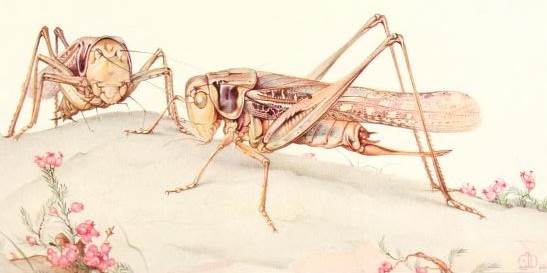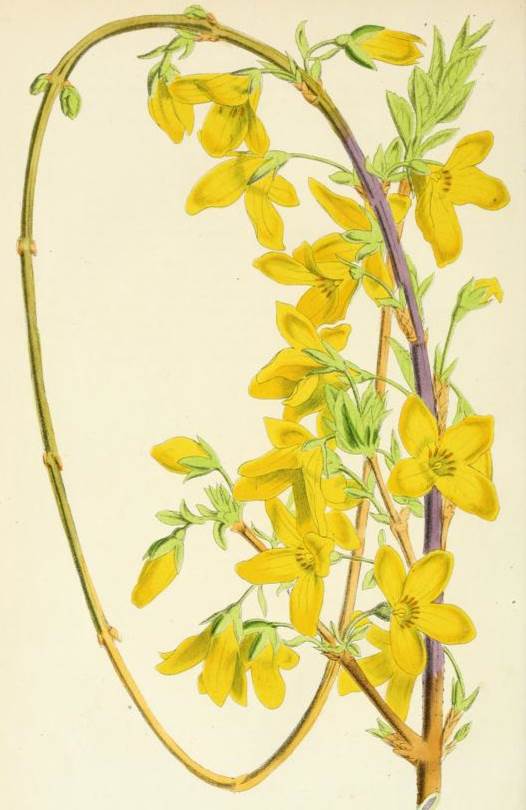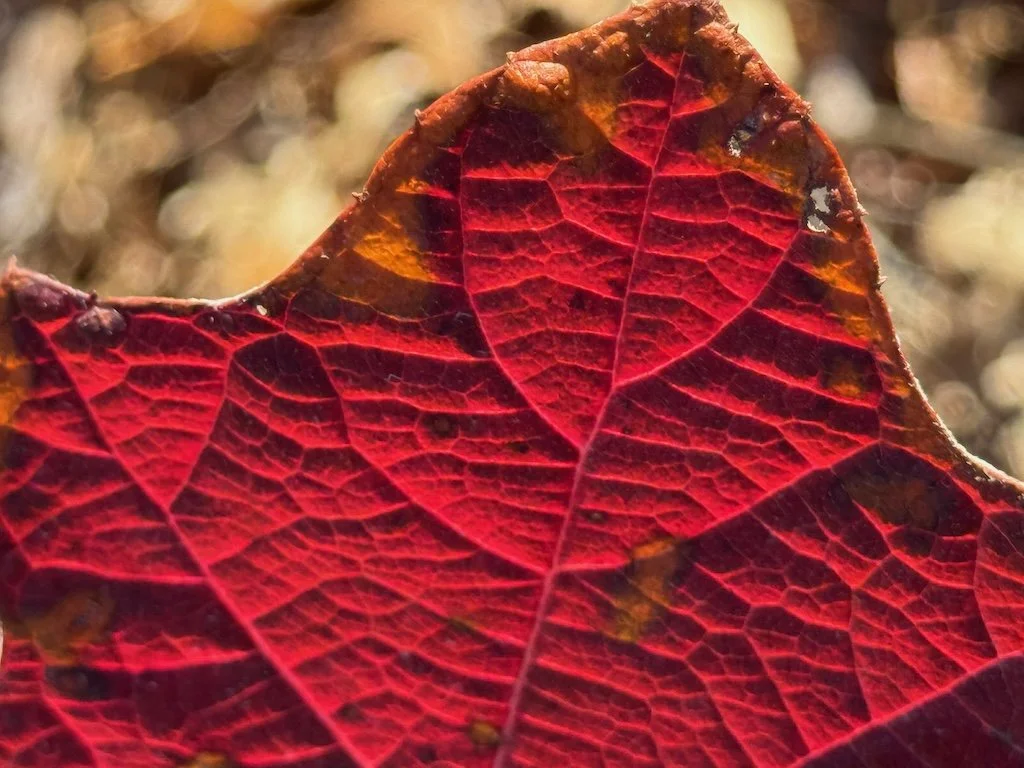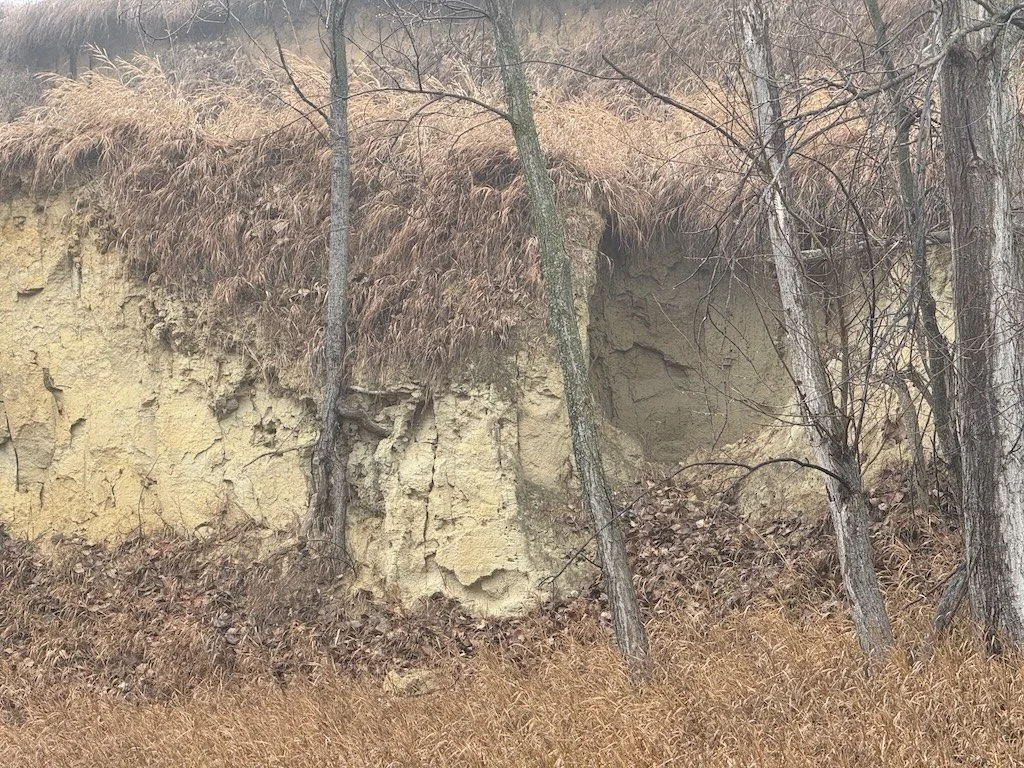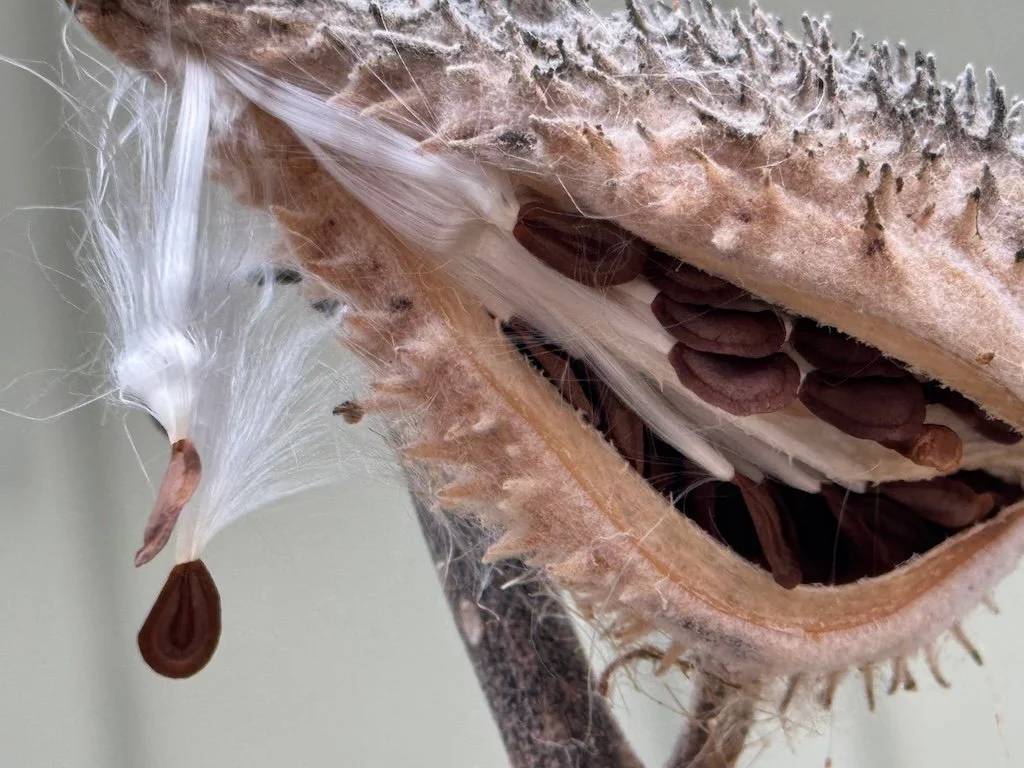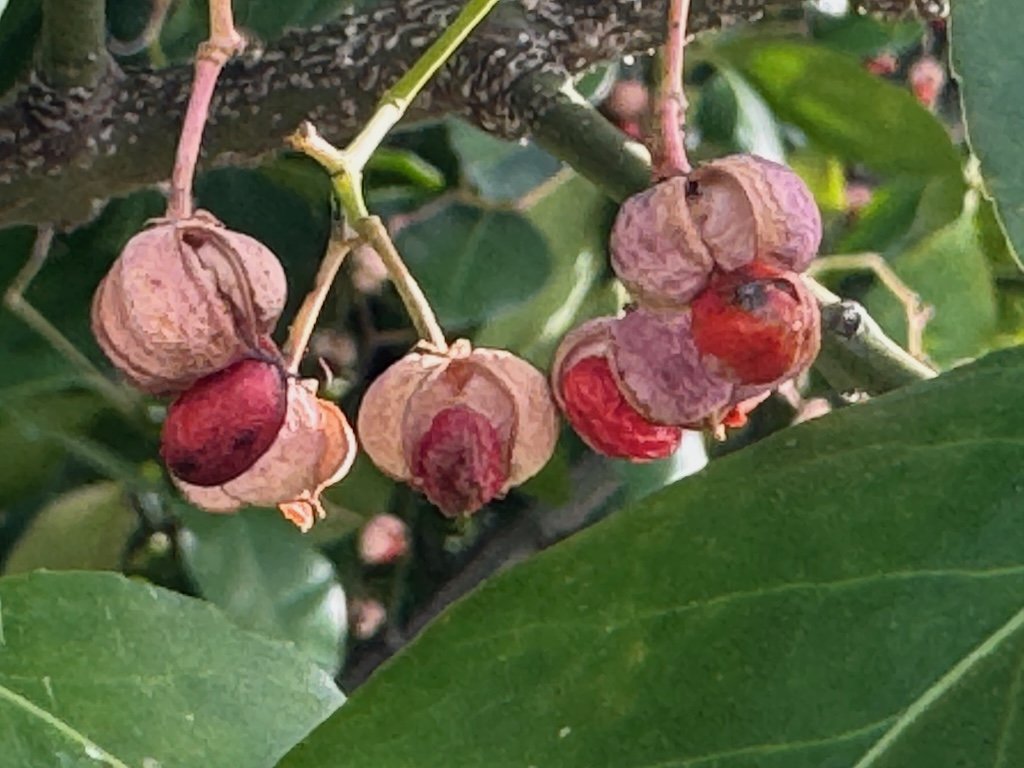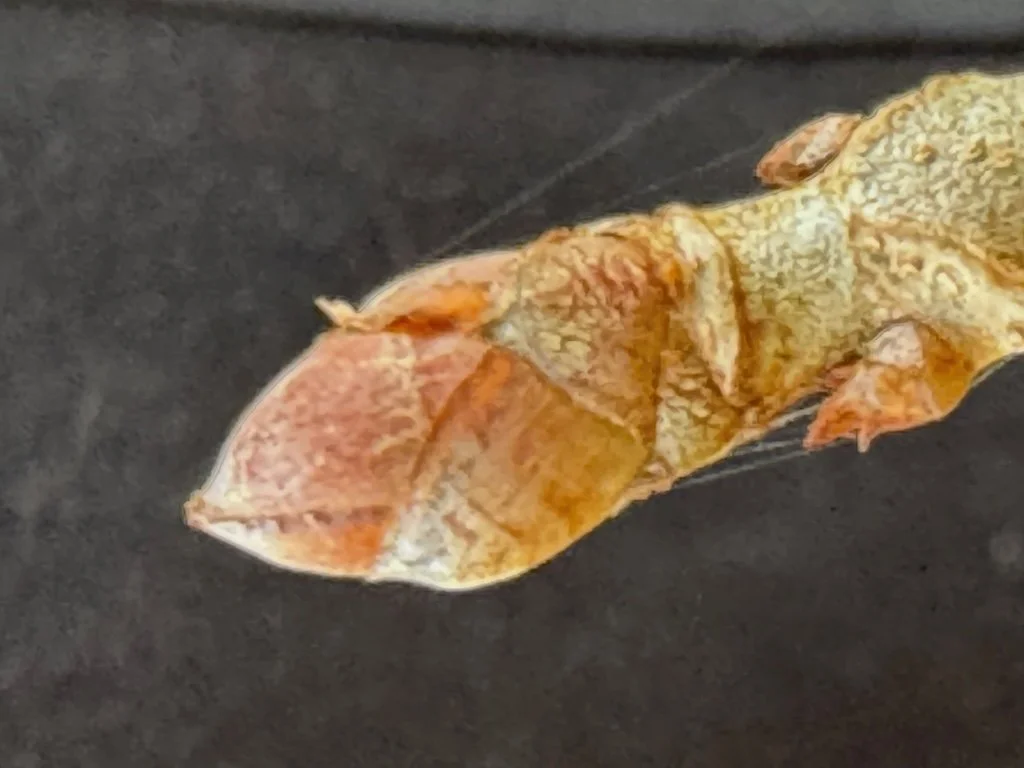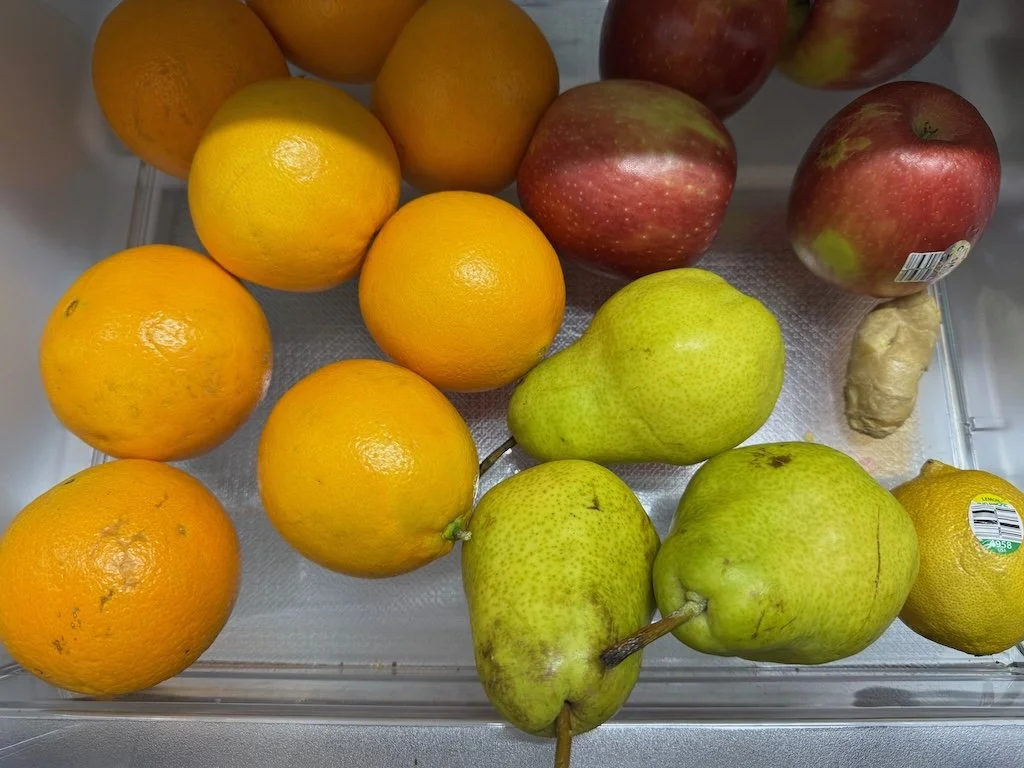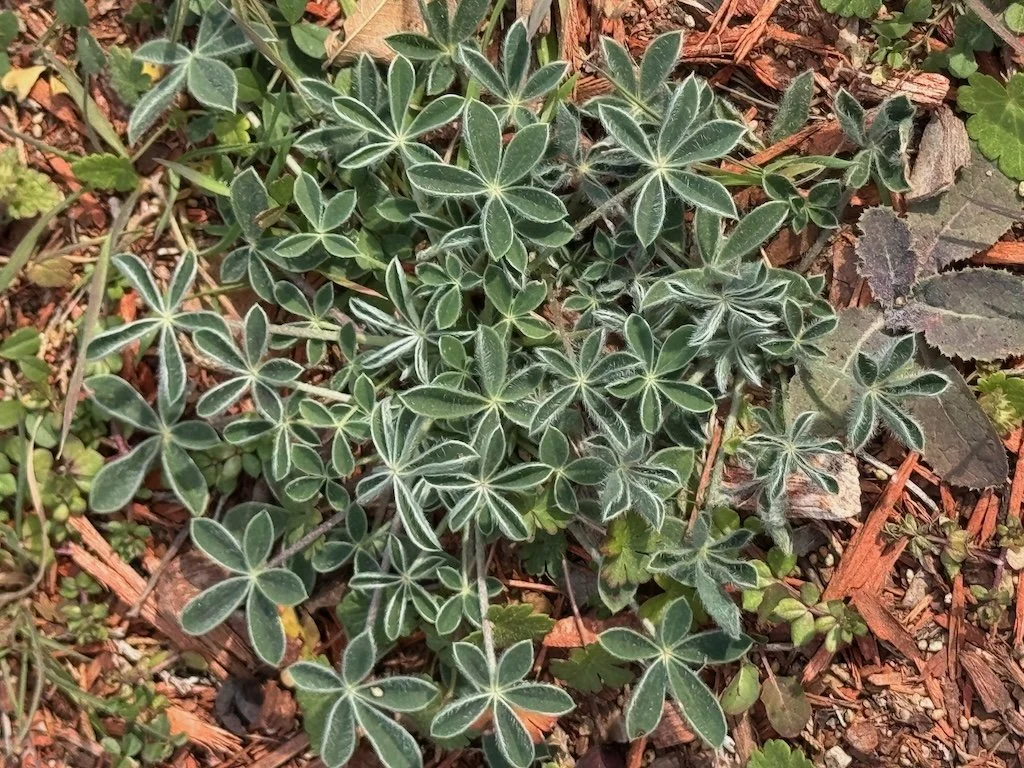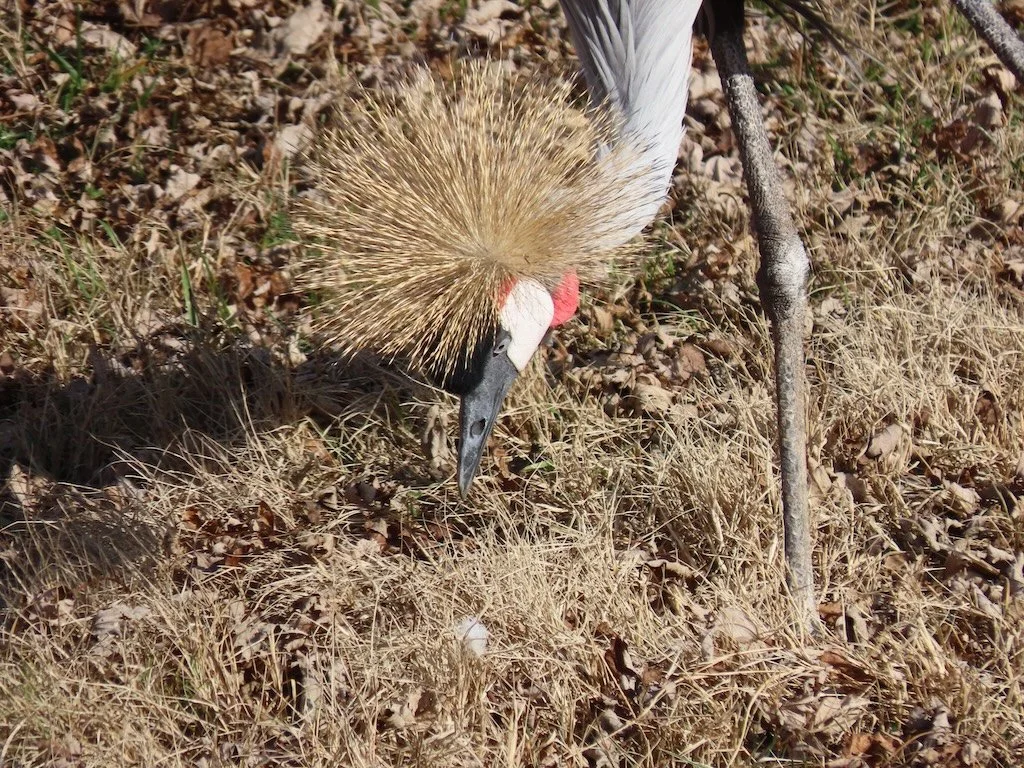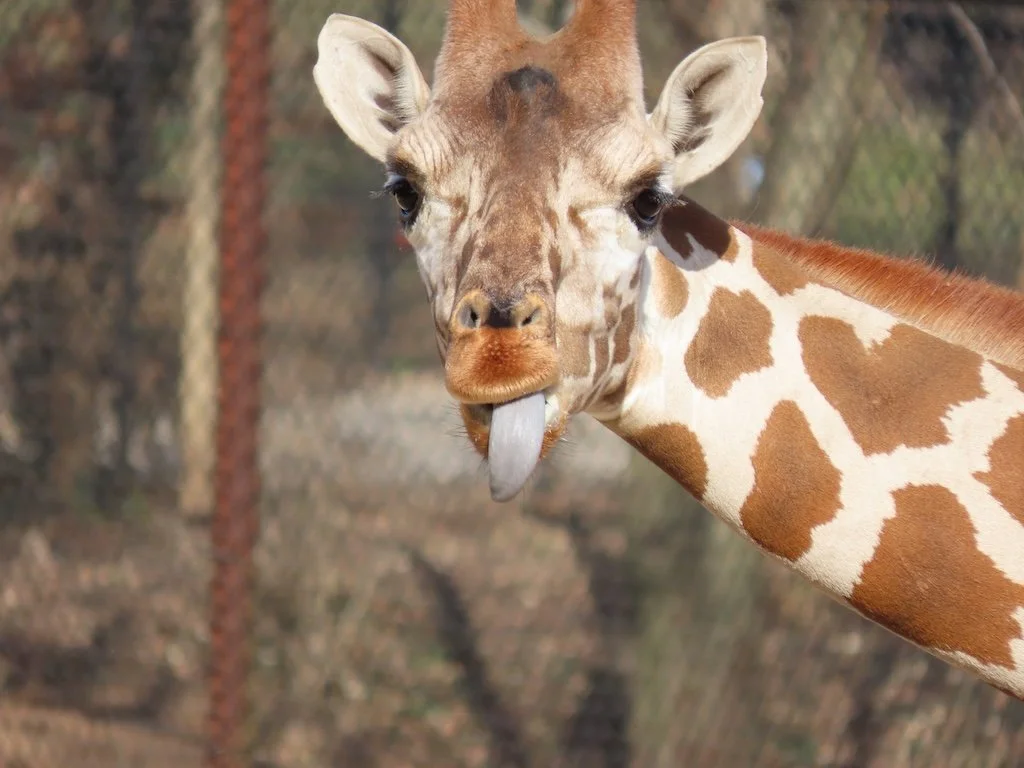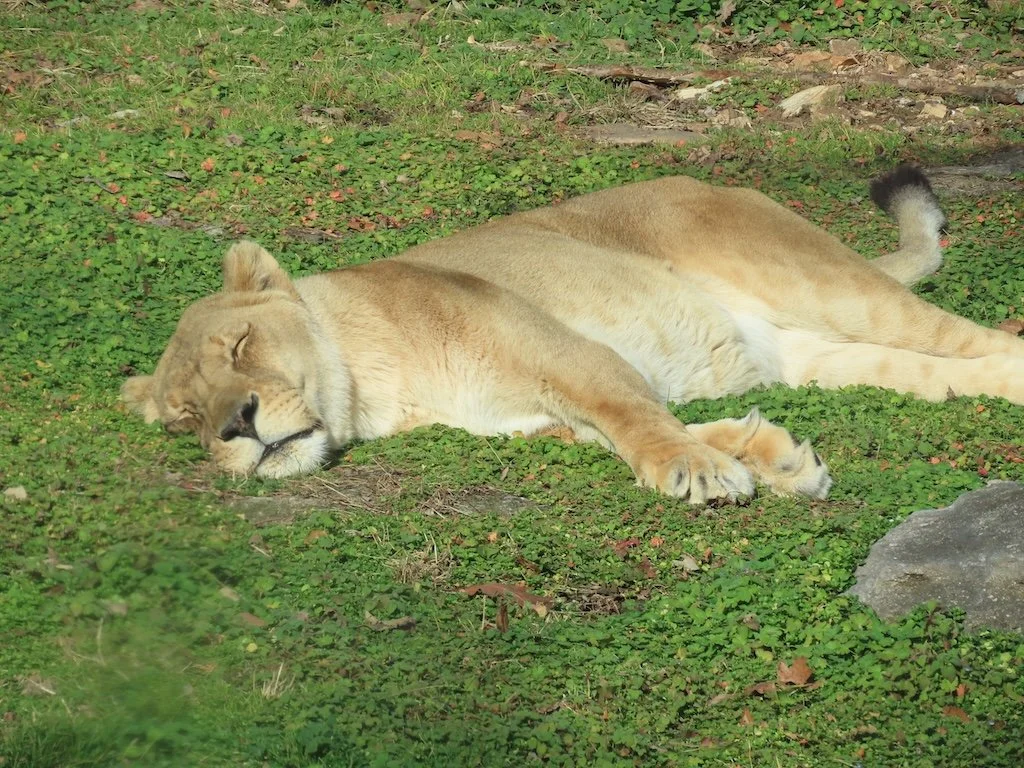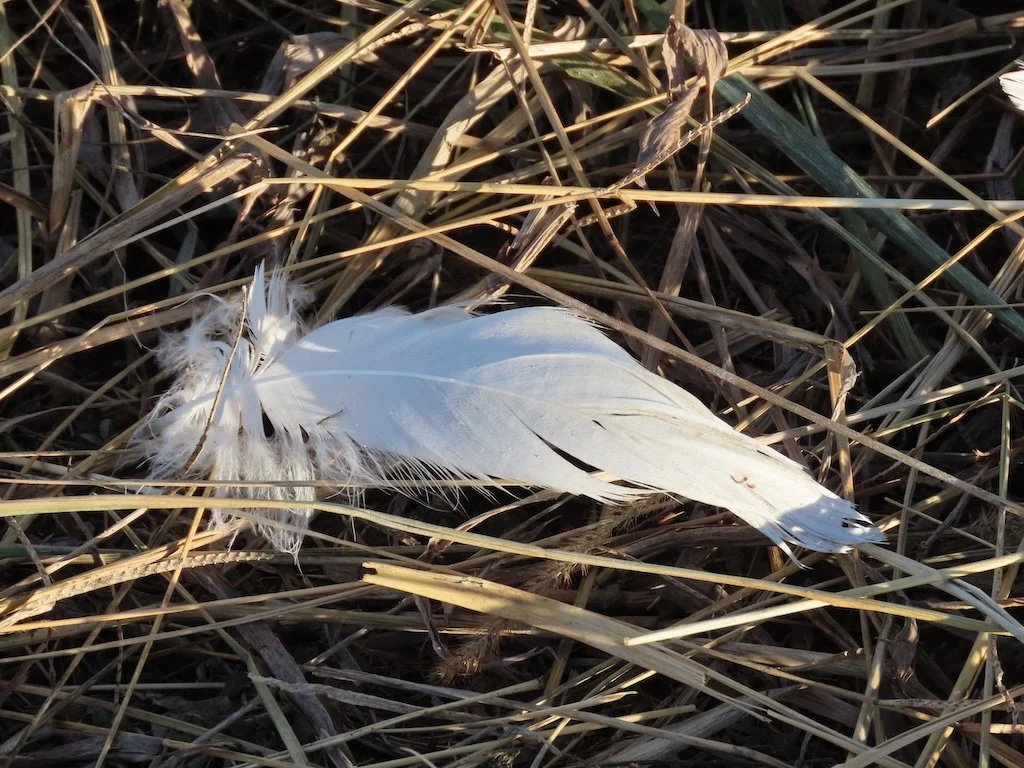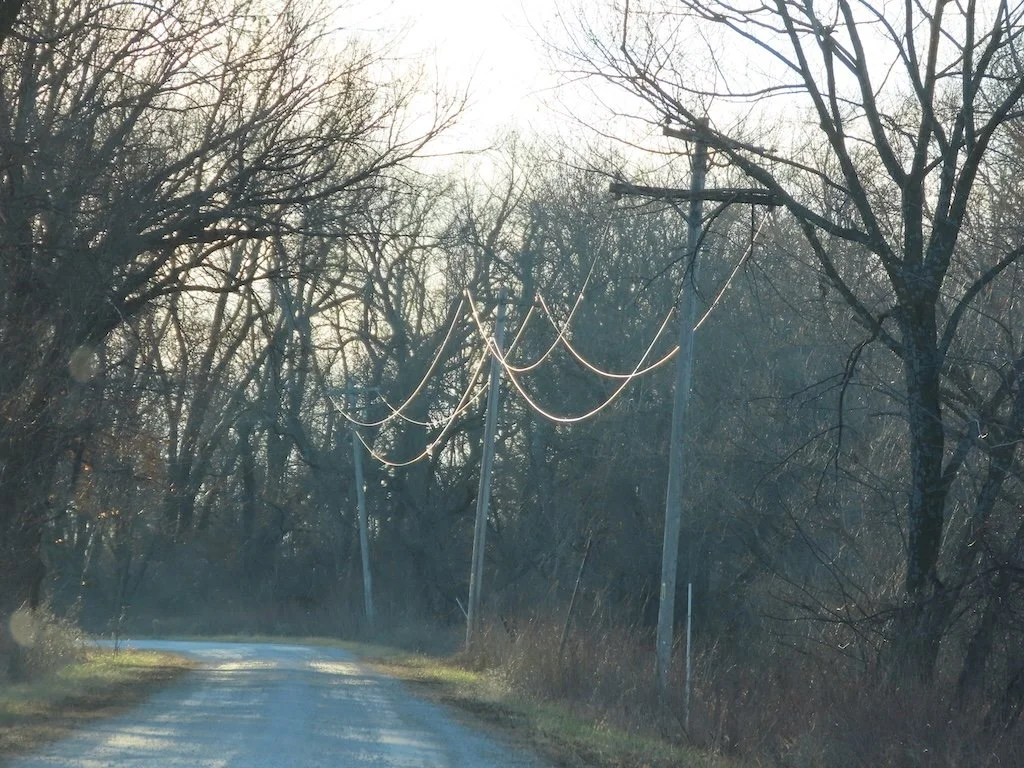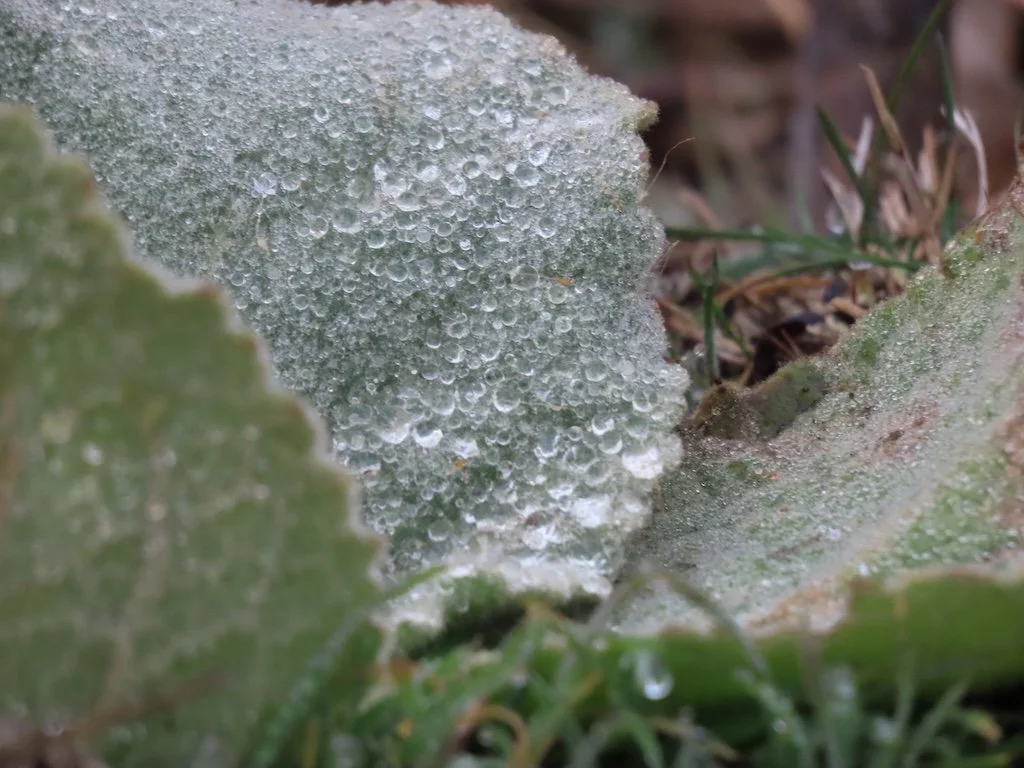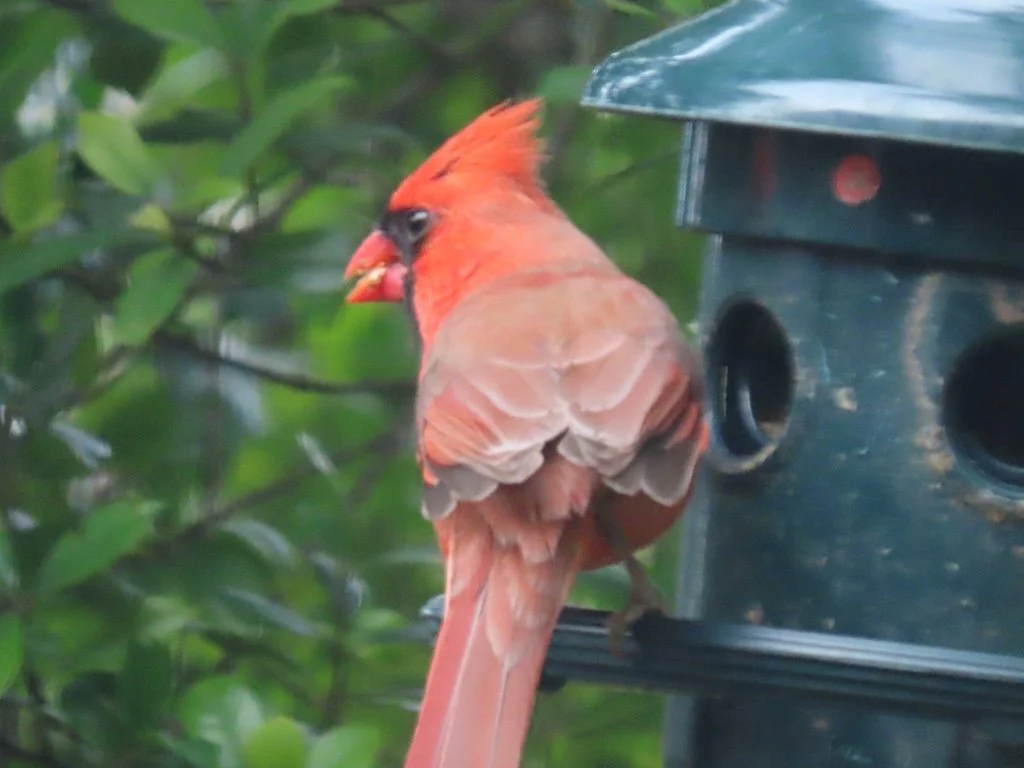The Grand Cleanout - December 2014
/About 150 books and tapes left the house this week - donated to the local Friends of the Library charity for their used book sale. This is what they looked like in boxes filling the trunk of my car.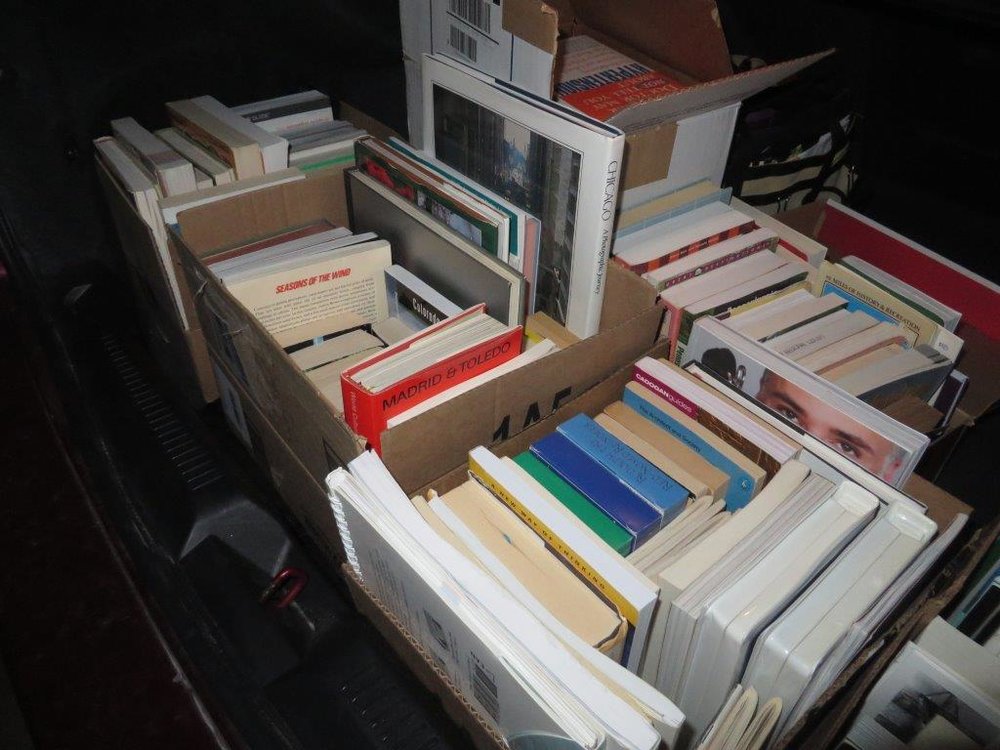
Previously I had been keeping travel and cook books as references but now I am using the internet more than books. When I travel I want the most current information rather than a book several years old. Doing a quick search for recipes on my tablet is easier than looking through the cookbook shelf; I put the tablet on a stand on the counter once I choose the recipe.
I kept the travel books that were very specific to a place I enjoyed…and cookbooks from Moosewood - a restaurant we enjoyed while my daughter was in college.



